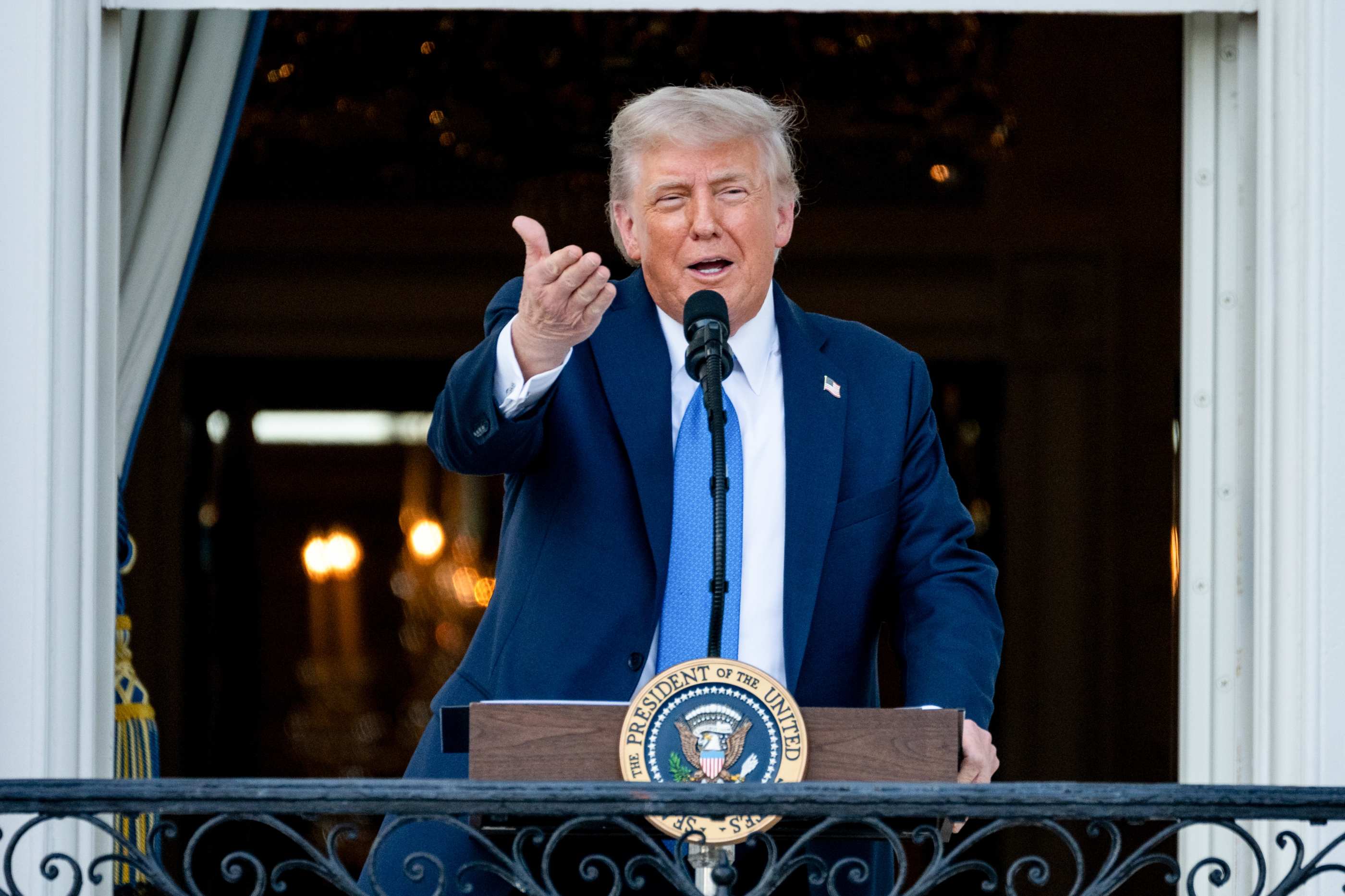Trump announces ceasefire between Israel and Iran, but fighting continues

Trump is said to have brokered the agreement during a call with Israeli Prime Minister Benjamin Netanyahu, and according to a senior White House official, Israel agreed to stop its strikes provided Iran ceased launching attacks.
US President Donald Trump has announced a full ceasefire agreement between Israel and Iran, potentially ending a deadly 12-day conflict that displaced millions in Tehran and escalated fears of broader war in the Middle East.
However, the calm has yet to hold on the ground, with reports of renewed missile attacks from Iran into Israel early Tuesday.
In a post on his social media platform, Trump wrote: “On the assumption that everything works as it should, which it will, I would like to congratulate both Countries, Israel and Iran, on having the Stamina, Courage, and Intelligence to end, what should be called, ‘THE 12 DAY WAR’.”
Despite Trump’s announcement, Israel’s military as reported by Reuters said two waves of missiles were launched from Iran overnight. Witnesses reported explosions in Tel Aviv and Beersheba, with Israeli media confirming a building strike that killed three people in Beersheba.
Trump is said to have brokered the agreement during a call with Israeli Prime Minister Benjamin Netanyahu, and according to a senior White House official, Israel agreed to stop its strikes provided Iran ceased launching attacks.
Qatar's Prime Minister Sheikh Mohammed bin Abdulrahman Al Thani also played a key role in securing Iran’s agreement during calls with Tehran.
An Iranian official had confirmed that Tehran agreed to the ceasefire, but Foreign Minister Abbas Araqchi insisted the pause would only hold if Israel stopped its “illegal aggression” against Iran by 4 a.m. Tehran time Tuesday. “The final decision on the cessation of our military operations will be made later,” Araqchi said in a post on X.
No new Israeli attacks on Iran had been reported by Tuesday morning, although tension remained high.
Israeli Army radio said alarms were activated in the southern Golan Heights over suspected hostile aircraft, and the Israeli military had issued two evacuation alerts to residents in parts of Tehran.
The latest round of fighting saw Israel, later joined by the United States, launch air strikes on Iran’s underground nuclear sites.
The Trump administration accused Iran of being close to acquiring a nuclear weapon — a claim Iran has denied — and said its goal was to destroy Iran’s nuclear capability, not start a broader war.
“Iran was very close to having a nuclear weapon,” Vice President JD Vance said in an interview on Fox News. “Now Iran is incapable of building a nuclear weapon with the equipment they have because we destroyed it.”
Trump called Iran’s earlier missile response to US air base strikes “a very weak response, which we expected, and have very effectively countered.” He said Iran had fired 14 missiles at an American base, causing no injuries and providing early warning before the attack.
Despite Trump's claims, US intelligence agencies earlier this year assessed that Iran was not actively building a nuclear weapon. A source familiar with those assessments told Reuters last week that the view had not changed.
Iran’s leadership, including Supreme Leader Ali Khamenei, has denied the existence of a weapons program but warned that “if it wanted to” to build a nuclear bomb, world powers “wouldn’t be able to stop us.”
Israel, which is not a signatory to the international Non-Proliferation Treaty, is widely believed to possess nuclear weapons but has never confirmed it.
Its recent strikes targeted more than just nuclear facilities.
Among them was Evin prison in Tehran, known for holding political prisoners. Israeli officials said their goal was to hit the ruling infrastructure that enables Iran’s leadership to remain in power.
Trump suggested the ceasefire would be implemented in stages to allow both countries to complete ongoing missions.
Officials in Israel, speaking anonymously, had indicated earlier that their military campaign was nearing an end and had shared this with Washington.
Markets responded positively to news of the ceasefire. S&P 500 futures rose 0.4% late Monday, while oil prices dropped in early Asian trading amid easing fears of supply disruptions.
But on the ground, Tehran remains scarred by days of bombing, with much of its population of 10 million reported to have fled. The damage to both military and civilian infrastructure has been widespread, raising questions about what form peace could now take.
Trump's announcement may signal a pause in fighting, but with continued missile fire and unresolved demands from both sides, the path to a durable peace remains uncertain.
